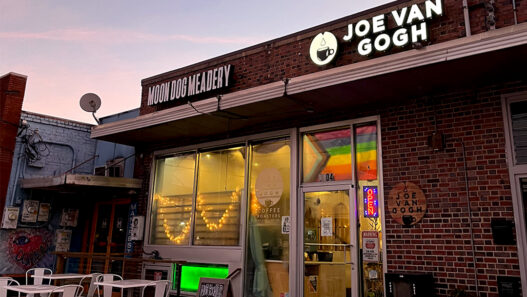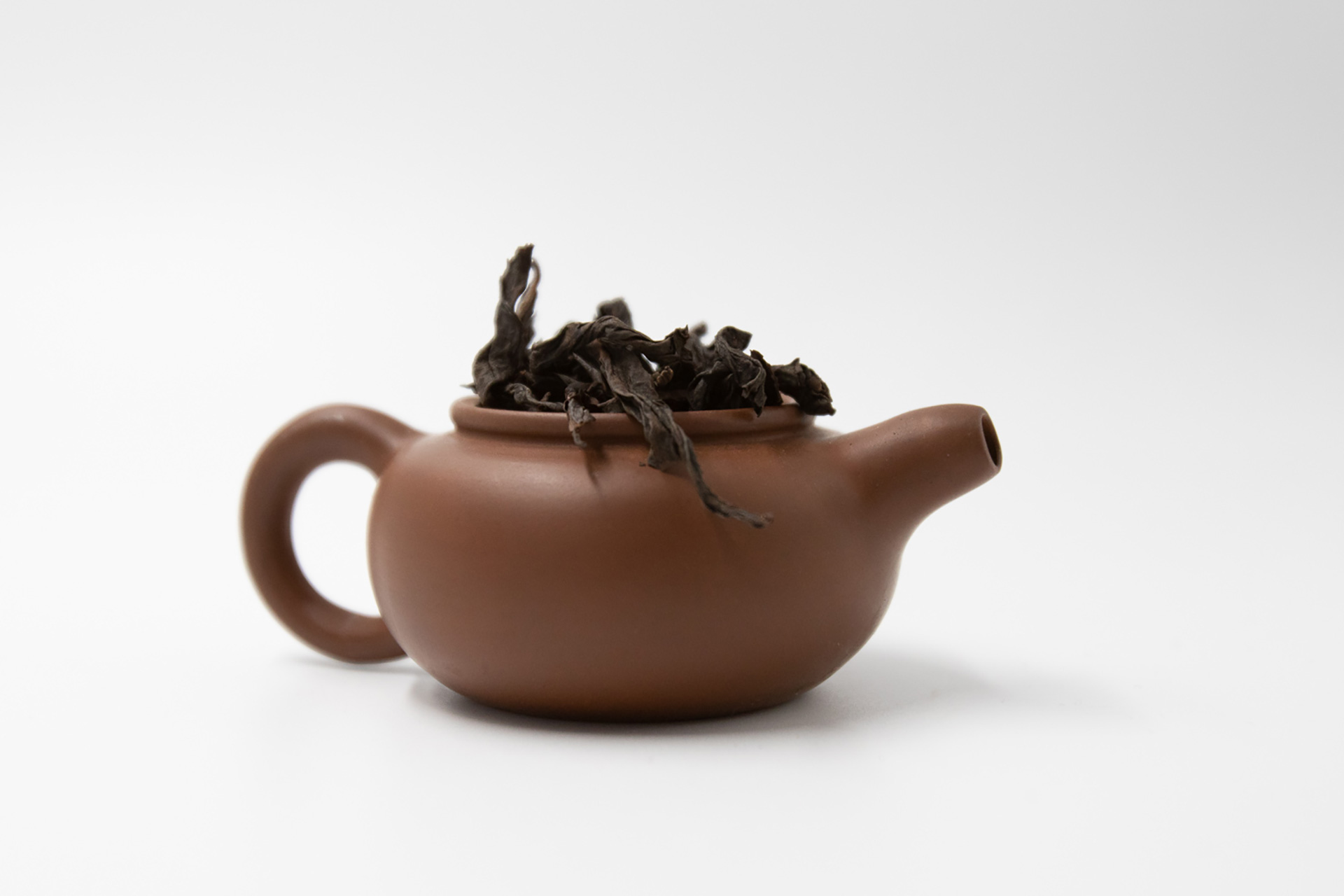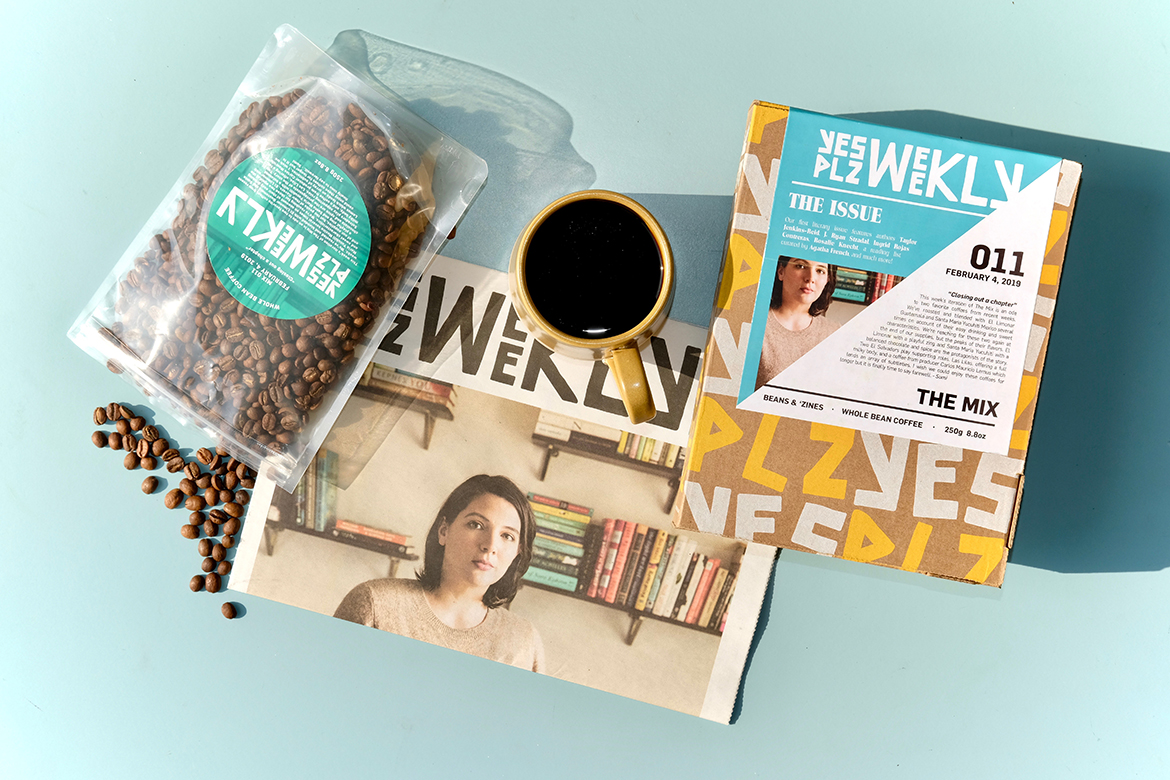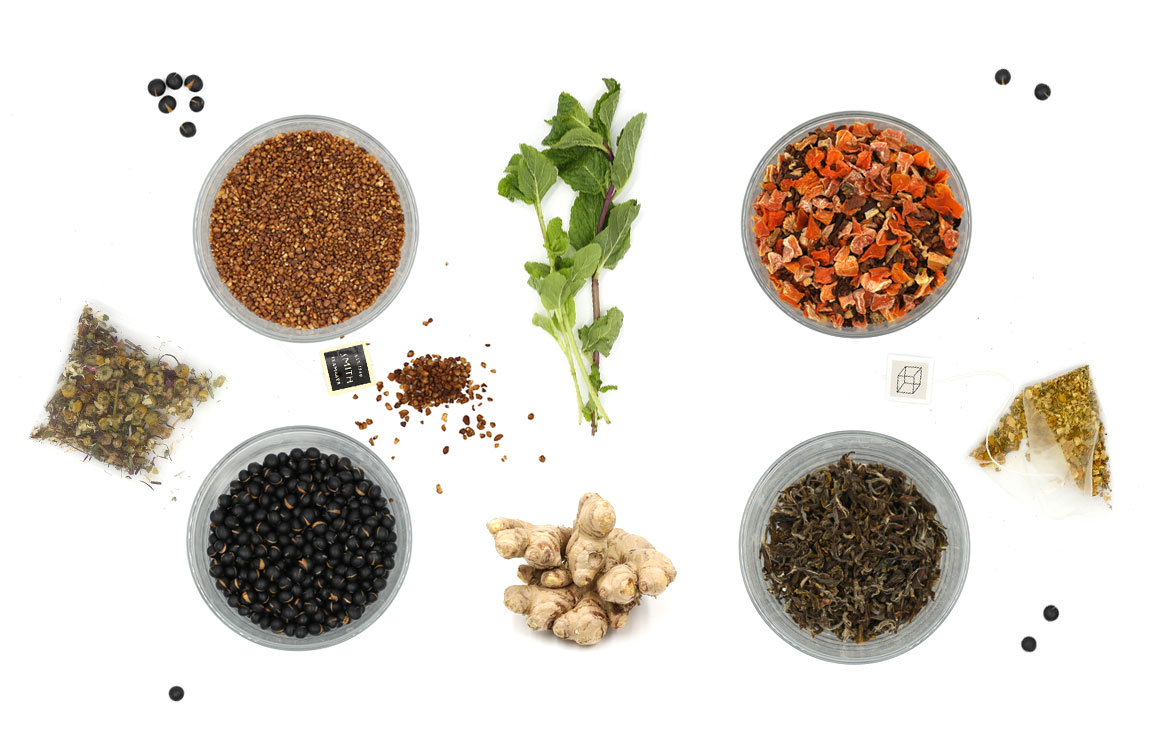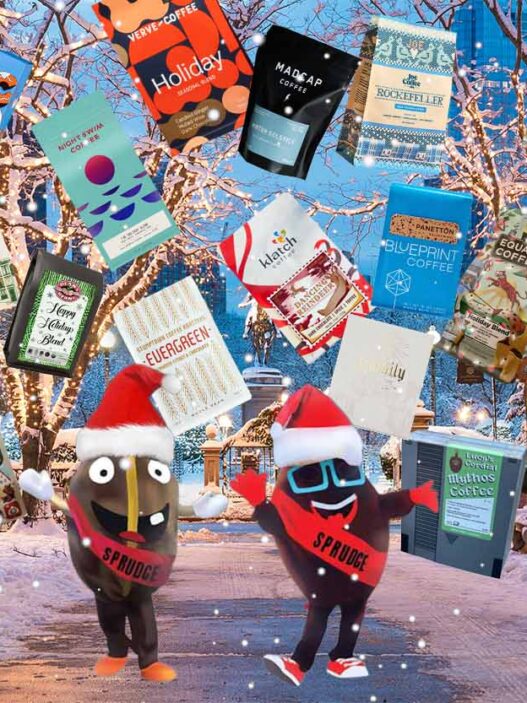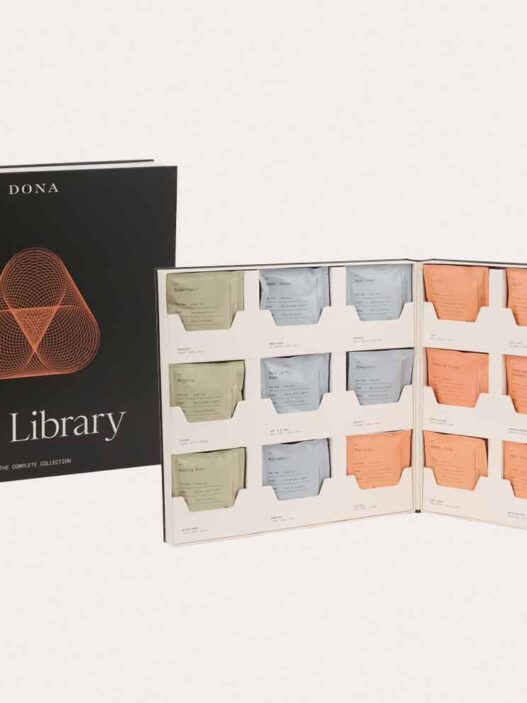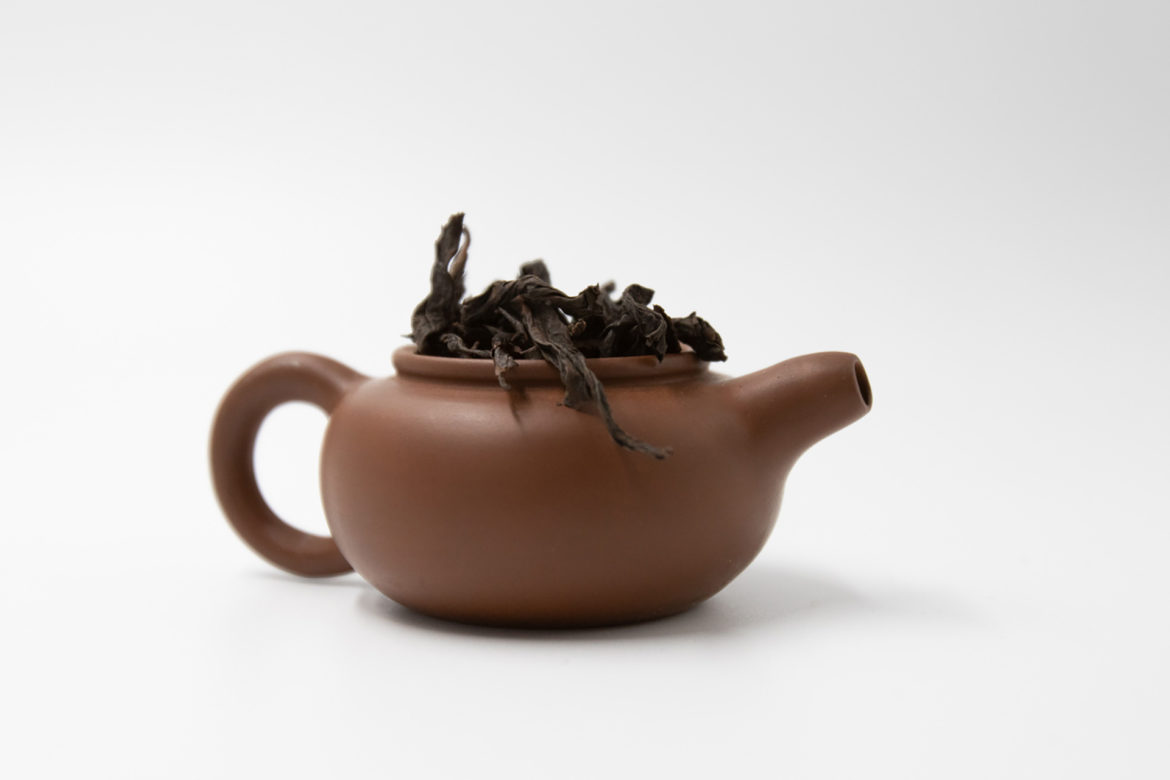
Here it is! The centerpiece of tea week, our sprawling 2019 Tea Week Buying Guide. Please note that this is in no way a “definitive” or “authoritative” guide—rather, it represents a range of tea experiences we’ve had over the last several months of research and experiences for Tea Week. There’s so, so much tea online to drink and learn about, so please consider this but a humble snapshot of the stuff we tried and liked.
No fewer than 17 brands are featured in the pages below, from tea purveyors hailing from Lodz, Poland to Columbus, Ohio to Napa, California to Yunnan, China and all points between. In this guide you’ll find something for everyone, from the thirsty newb to the gushu cultist—teas to open the soul and stagger the mind.
Let’s not waste anymore time on the intro when there’s lovely tea to explore. Dig in and get steeping!
Getting Started
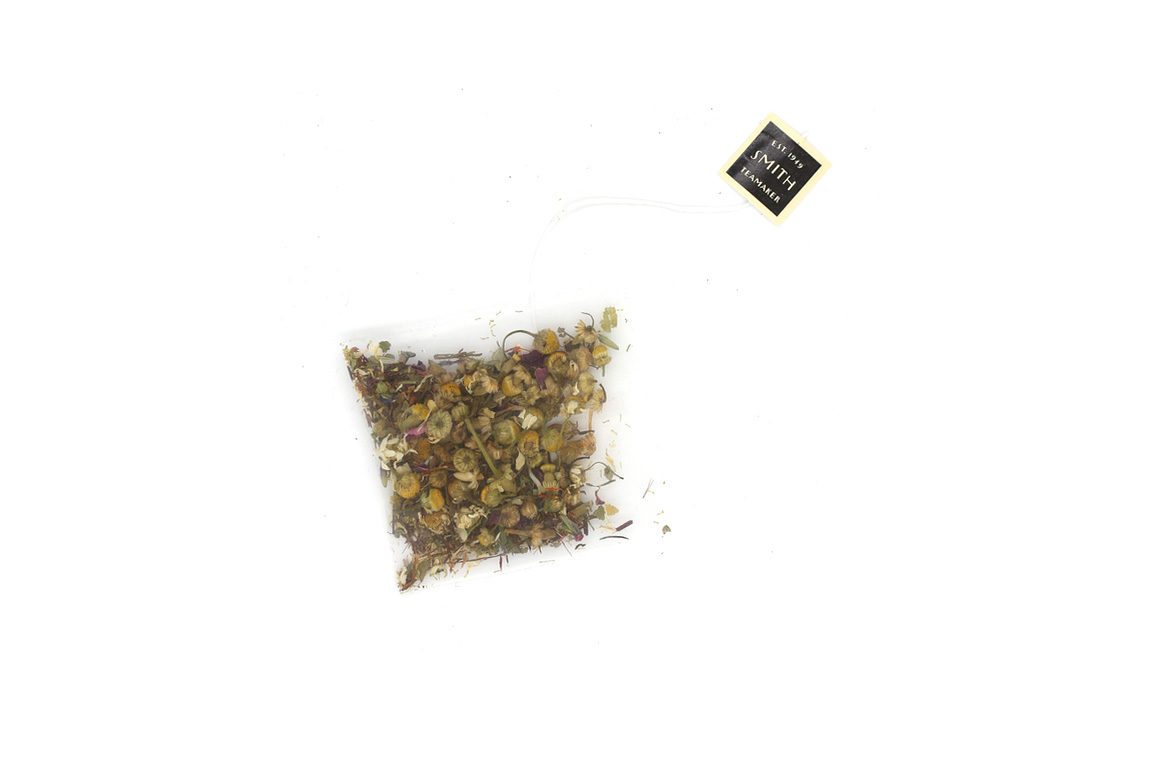
Smith Tea
I’m a big fan of what they’ve built over the last decade at Smith Teamaker, whose founder, Portland tea entrepreneur Steven Smith, was formerly the mind behind Stash Tea and Tazo (both were acquired by multinationals in the 1990s). Smith passed away in 2015, leaving behind a philanthropic legacy that still resonates today throughout Oregon and beyond. Today Smith Tea is overseen by a team led by Ravi Kroesen, sourcing a kaleidoscopic range of teas and herbal blends from every corner of the globe. There is truly something for everyone at Smith Tea, from a British Brunch blend to chai and herbal tisanes, plus smart selections of teas sourced from India, Japan, Taiwan, and China. Accessibility is the watchword here, and that translates into a very fun tea bar experience at Smith’s two Portland locations—well worth the visit, whether you’re just getting into tea or consider yourself a lifer.
Recommended tea: Smith’s Golden Tippy Assam continues the philanthropic legacy of its founder, with each purchase benefitting Mercy Corps and the SERP program (read more here). It is also, happily, an absolutely delicious expression of this style of northern Indian Assam, with dark cereal malt notes that evoke a good porter beer.
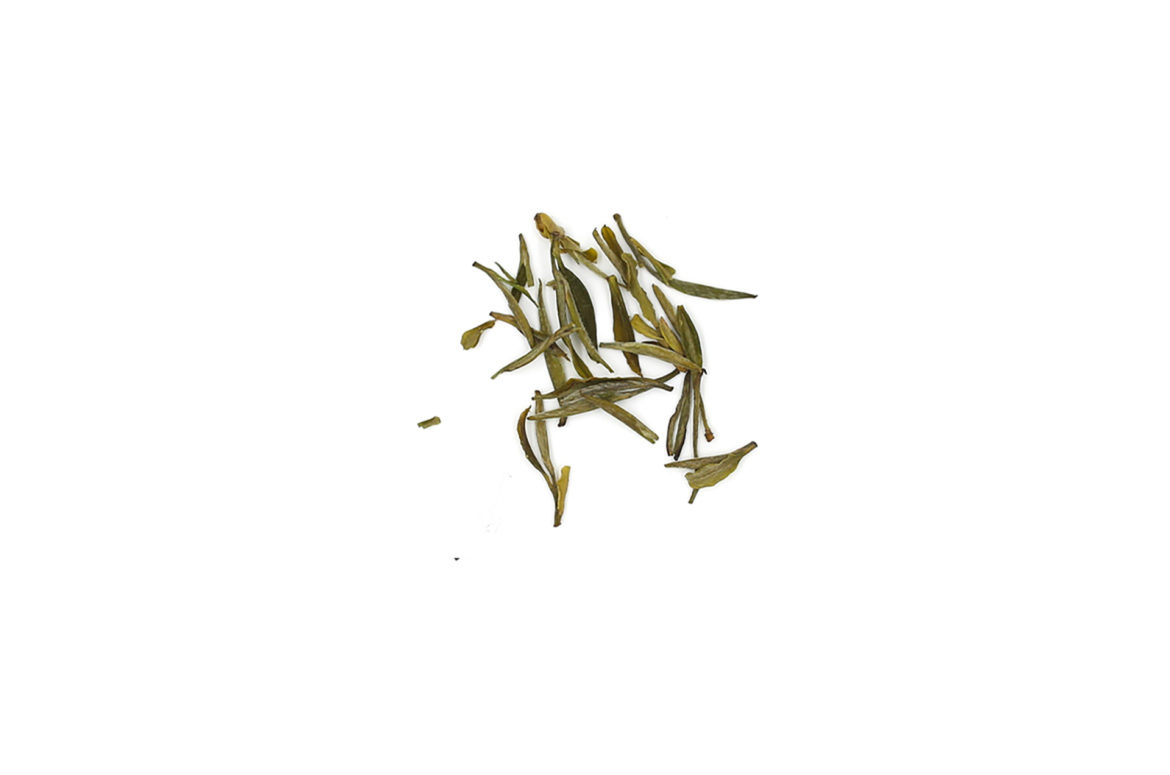
Rishi Tea
Many coffee bars across the United States are partnered with Rishi Tea of Milwaukee, WI, and the brand has been a fixture at coffee trade shows across the country over the last decade. This is a beneficial alliance: Rishi’s selection is vast, encyclopedic even—everything from pre-wrapped sachets to caffeine-free blends to immaculately sourced small lots of tea through their excellent Garden Direct program, a tea geek’s paradise of small lots and specific styles. They’re even selling a few aged pu’er cakes, for eminently reasonable prices, in case that’s where you want to dive in. Truly there is something for everyone at Rishi.
Recommended tea: This 2009 vintage Shou Pu’er from Mannong Village, Yunnan had us steeping and steeping more at Sprudge HQ. There is nothing quite so comfortable as lightly aged shou—a term referring to the wet-piling process that produces big, round, dark flavor notes and a silken mouthfeel. Tea aging is a thing; the different grades and styles and villages of pu’er are also very much a thing. This is a deep rabbit hole to explore and this is a tasty place to start.
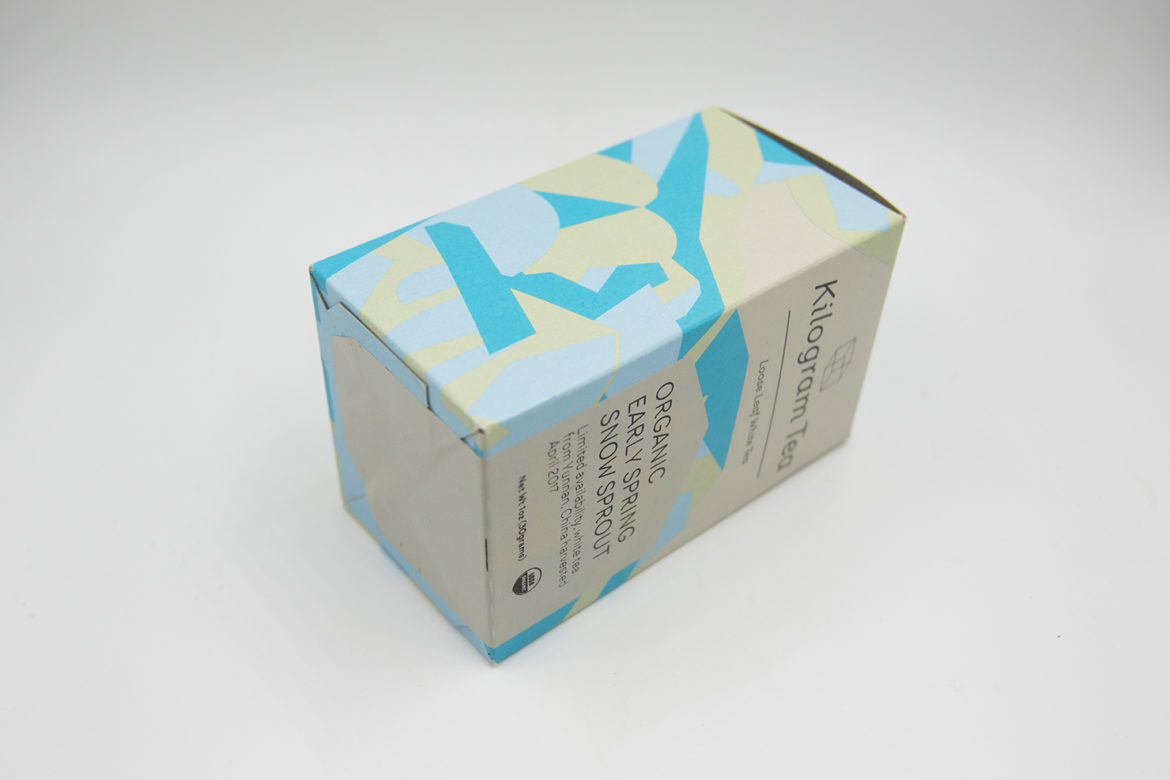
Kilogram Tea
Translating tea into a coffee context comes second nature to Chicago’s Kilogram Tea, founded by longtime Intelligentsia Coffee tea sourcer Doug Palas, and operated out of Intelli’s Fulton Street HQ. Palas is a career tea professional and educator, and I’ve learned a ton from him over the years approaching tea from a coffee context (the regularly updated Kilogram blog offers exemplary tea writing from a trade perspective). Though the range of teas from Kilogram might feel intimidating for newbies—there are seasonal teas, blends for iced teas, teas from Vietnam and China and Japan and much more—Palas hits his spots, walking a fine line between accessibility and inquisitiveness. Particularly notable is Kilogram’s dedication to organic teas, with multiple organic offerings across the product line including White Peony, Iron Goddess of Mercy, and many more.
Recommended tea: Kilogram’s sourcing of Winter Li Shan—lightly oxidized rolled oolong from Nantou, Taiwan—is eminently sessionable, honey sweet and delicious, a tea you want to keep drinking and drinking across multiple steeps. I also strongly recommend ordering Kilogram teas while at any of the Inteillgentsia coffee bars nationwide; having a house tea brand gives these coffee bars envious access to education and quality product, and you can really taste it across the bar as a customer. A shot of espresso and a pot of oolong for me please, thanks.
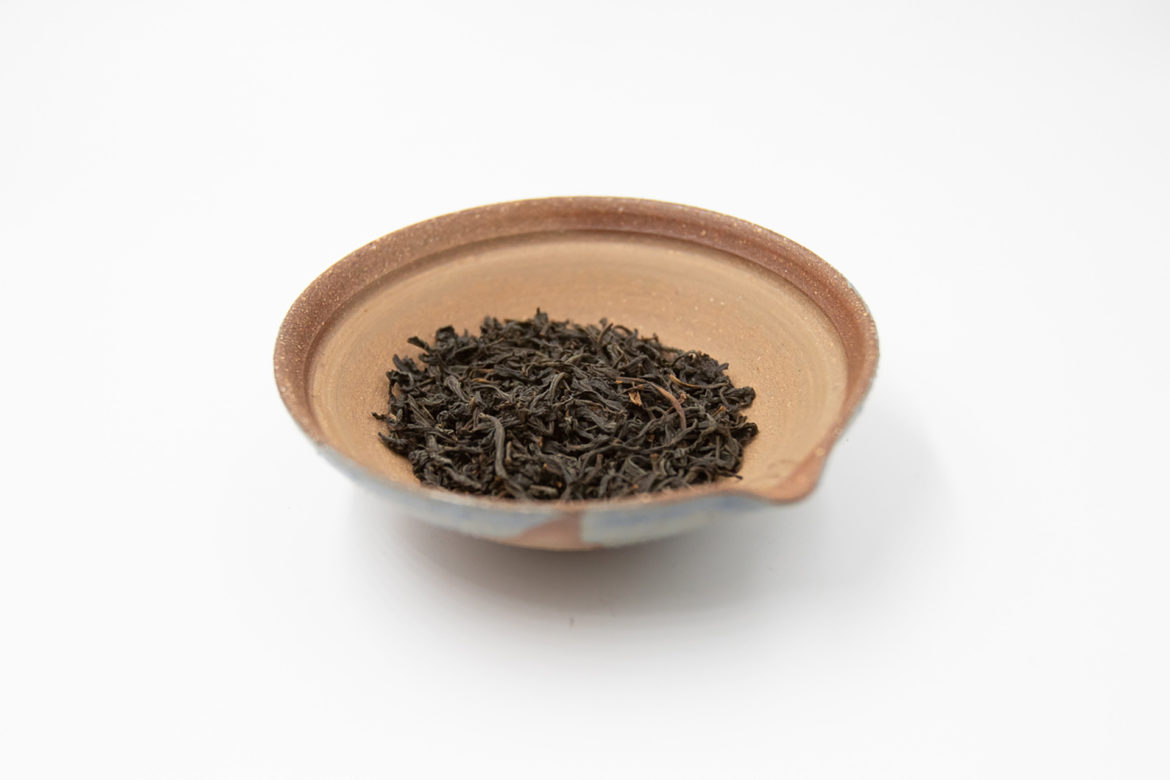
Spirit Tea
Spirit Tea of Chicago are making waves right now in the American tea market, with their aggressive pursuit of wholesale cafe accounts and educational focus on tea sourcing and relationship building. In this way, they are the latest iteration of work long pursued by brands like Rishi and Smith: the translation of tea culture into a coffee setting. The end result hopefully sparks new interest in tea among those who work around coffee professionally, or rely on coffee and coffee bars as a daily facet of life. Spirit, with its regular tours and event concepts, represents a kind of millennial take on the trope. This is accessible, cool tea for young people ready to go a step beyond tea bags (or move past bubbles).
Recommended tea: Korean Black Balhyocha is like the perfect dessert tea, with big, sweet, comforting flavors of peanut dust, Hershey’s bar, and sticky rice. This tea grows semi-feral and is sourced from a third generation tea growing family in Hwagae. I can taste it so clearly just writing these words—an extraordinarily piquant and memorable tea.
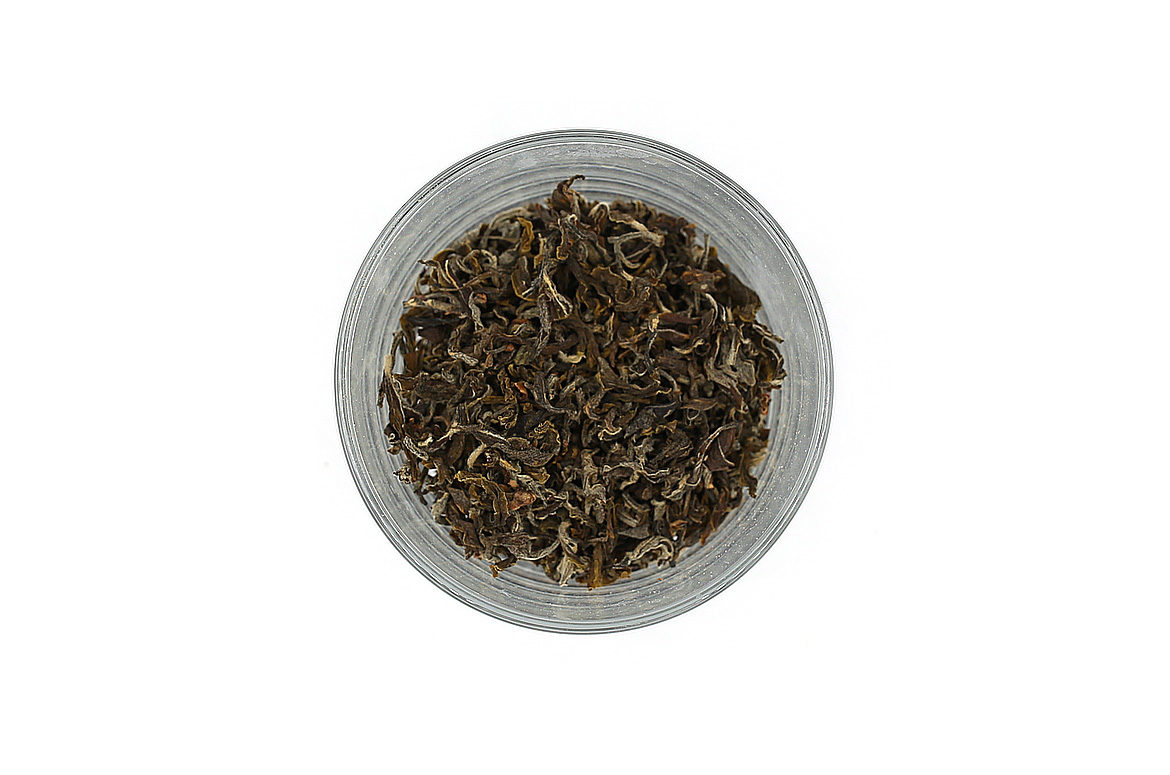
Tea Dealers
Tea Dealers of New York City also carry a range of products spanning China, India, Japan, and Korea, including a few high-end Japanese tea bags for those on the front end of the learning curve. We were especially impressed across multiple visits by their tea bar in the East Village (29B)—see more in our coverage of the New York City tea bar scene—and by their wide range of traditional Korean tisanes in flavors like quince, mulberry, and roasted soybean.
Recommended tea: Actually, we’ll suggest one of the tisanes, the wild Korean persimmon leaf (감잎차대 gamnip-cha) grown on an organic farm in the Jiri mountains. This tisane is highly prized for its allergy relief properties—perfect for the coming spring—and tastes beautifully like a lightly oxidative tea. Read more about this and other tisanes in our tisane spotlight feature.
Going Deeper
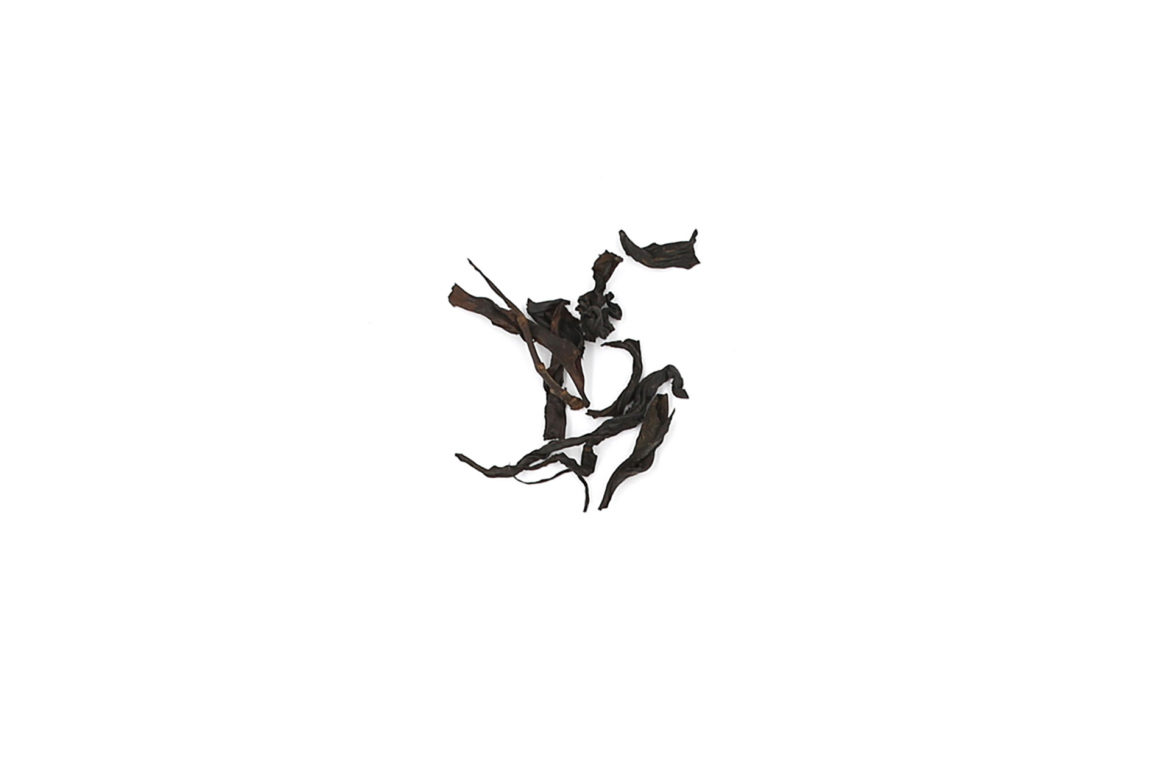
Song Tea
This is the company that started my journey exploring the world of progressive tea, founded by Peter Luong and based in San Francisco. Song is a brand of dualities—they are in the same breath both deeply curated and eminently accessible; rather intimidating yet with a wonderful sort of learner’s permit to the world of quality tea; focused yet hard to encompass in a single sentence or signifier; able to speak fluently to the coffee world yet still reverent for what makes tea special; a company renowned for their tea but on another level altogether when it comes to ceramics, many imported through direct commissions with emerging ceramicists in Taiwan. Every chance to speak with Peter Luong is a chance to learn more, which is why we’ve given him room to talk more about Song’s sourcing efforts elsewhere in our Tea Week collection. Visiting Song Tea has become something of a requirement for me when in San Francisco and I encourage you to do so—Luong’s take on tea service (gong fu cha), like the brand itself, is both unfussy and revelatory, waiting to spark new obsessions for anyone who walks in the door. I’m living proof.
Recommended tea: As a tea drinker I am forever chasing the tang of a good roasted tieguanyin, and Song’s version of the style—”Red Water Tieguanyin” from Lishan, Taiwan—has become a bar setter for me in terms of quality and deliciousness. That said, it is not a typical Tieguanyin: it comes from Taiwan, not Anxi on the mainland, where the cultivar first came to fame; it is significantly oxidative in what I understand to be a more traditional style on the mainland, where today light, bright TGY’s are more to trend; and it lives for long, hot, repeated steeps, with that moreish apple-skin tang only emerging after three or four rounds. I am obsessed with this tea and it has become to me a kind of definitional totem of all I had been missing in the years before tea became a regular part of my life. There’s simply nothing quite like it.
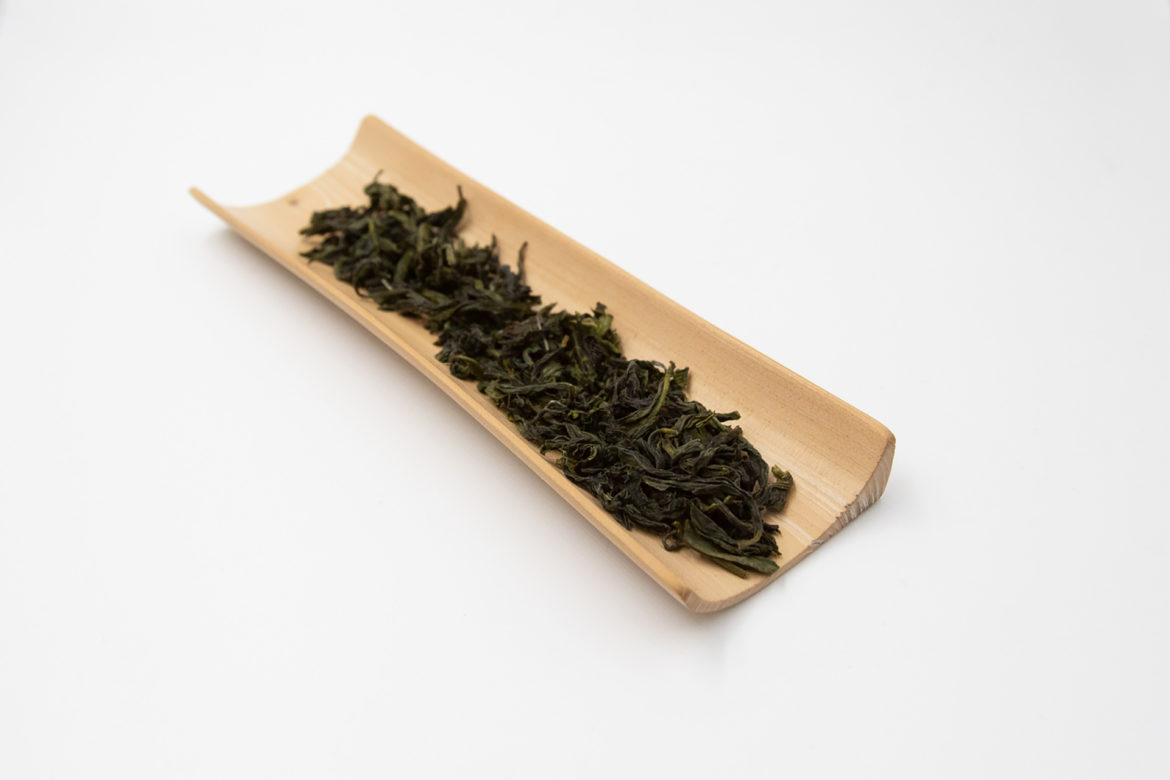
Tillerman Tea
Based out of Napa, California, founder and lifelong tea nerd David Campbell runs an online shop dedicated to the many oolong teas of Taiwan. Tillerman’s focus is narrow—around 20 teas in the collection at any given tea—but that scope allows for exemplary representation and high-quality teas from across the island. Tillerman ships direct from Napa, meaning orders placed in the United States show up in around two days. There’s not a lot of hype around these guys but the tea just glows.
Recommended tea: Wenshan Bao Zhong, a dark green, dry style of tea that is just barely oxidized, walking the line between what most tea drinkers recognize as “green tea” and classic oolong. This tea just goes and goes, with layered complexity through a dozen steeps or more.
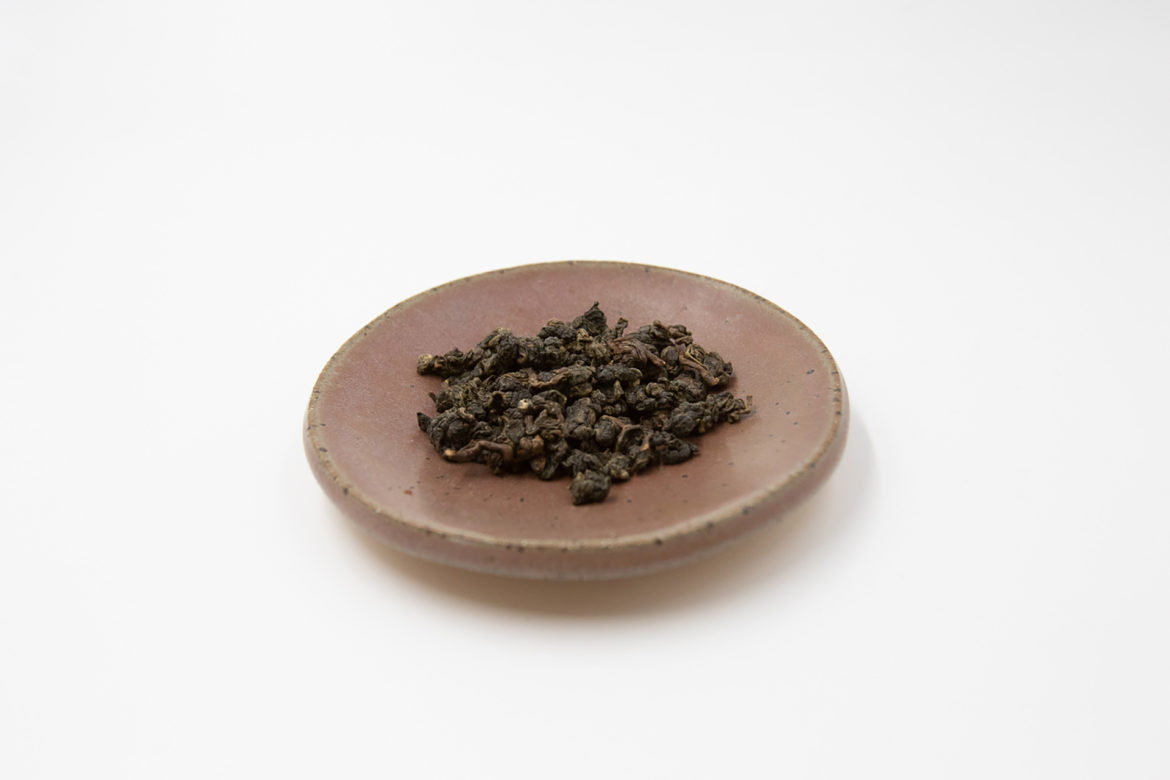
Floating Leaves
Seattle’s Floating Leaves focuses on nothing but the teas of Taiwan, with a range of offerings both fresh (2018 Fragrant Dong Ding, harvested just months ago) to vintage (like this Johnson Administration-era Beipu). From inside the company’s working offices/tea tasting room in Ballard, Floating Leaves are shipping out some of the most beautiful charcoal roasted oolong teas I’ve ever tasted, with a focus on offerings from individual roast masters and tiny prized plots. Founder Shiuwen Tai has also got the market cornered on video education, commissioning original films at tea origin and hosting regular online tea brewing meet-ups.
Recommended tea: Floating Leaves are increasingly my go-to tea for serving guests—these are light-switch “oh shit” blow-your-mind teas, complex and fragrant and so very obviously at a different level of quality and intentionality than the teas most people grow up drinking in America. If I had to pick one it would be the Charcoal Dong Ding, roasted by Master Zhang in Nantou County, Taiwan. This tea is just, wow, so full of life and character, with the most wonderful clarity and energy—a masterclass on the subtle art of roasting in the tea world, to which coffee lovers can certainly relate and revel in.
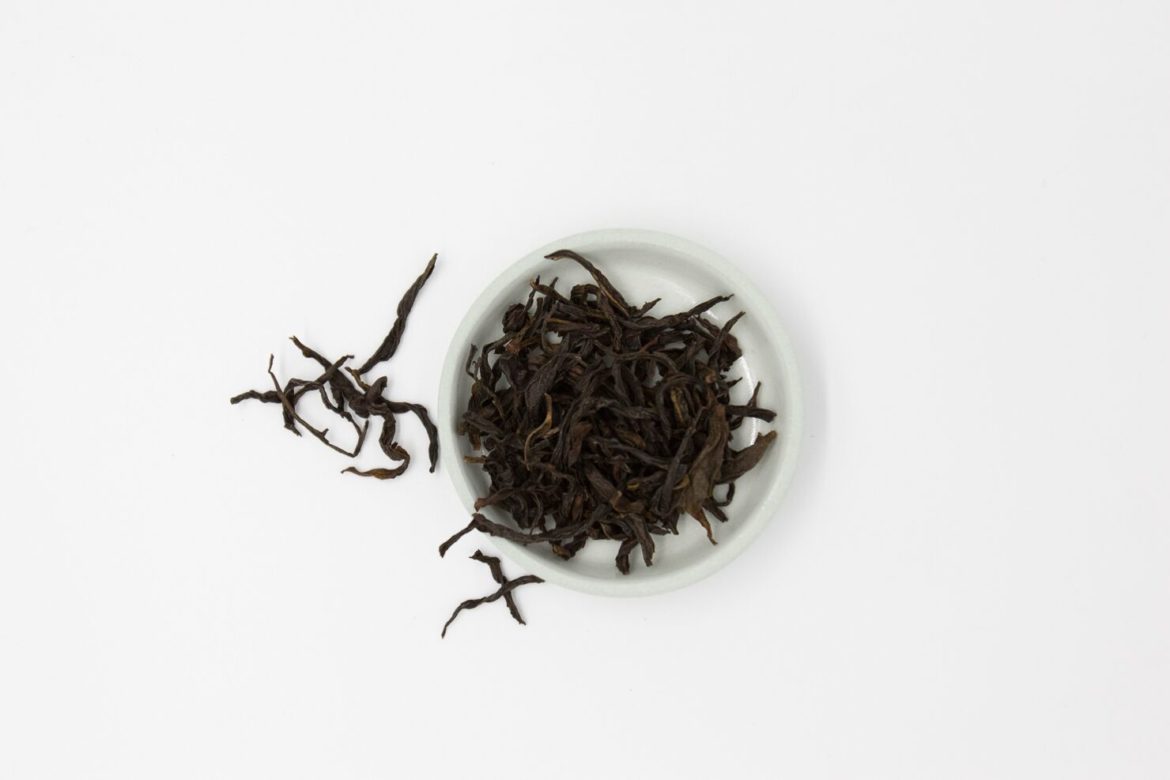
The Tea PL
There is a huge scene for tea in Eastern Europe, and many talented emerging ceramicists and intriguing tea brands are based there. Having dipped my toe in just a bit, I’ve come away really impressed by the offerings from Wojciech Wozniak and the team at The Tea PL, based in Lodz. Their webshop is kind of an entry point to the rabbit hole of aged tea, including a number of Hong Kong and Taiwan stored Yunnan teas from the 80s and 90s, but also a number of exemplarily sourced teas from Eastern China and Taiwan. I highly recommend checking out this brand’s monthly tea club as a way to get started and learn more about their approach. The Tea PL kind of reminds me of a wine shop that has all the good shit—you might not be familiar with it all, but shopping there you know you’re in good hands.
Recommended tea: This endlessly giving craveable, village-and-variety-specific Wudong Mountain Dancong. The village (Li Zai Ping) and the bush variety (Mi Lan Xiang) are both highly revered and sought after. In the cup, served gong fu cha style, there is plush sexy fruit for days, oranges and mangoes and yellow plums. This tea also puts me in a really lovely headspace (not dissimilar from a good sativa, frankly) and is ideal for sharing with a friend or partner and letting the conversation flow.
Down The Rabbit Hole
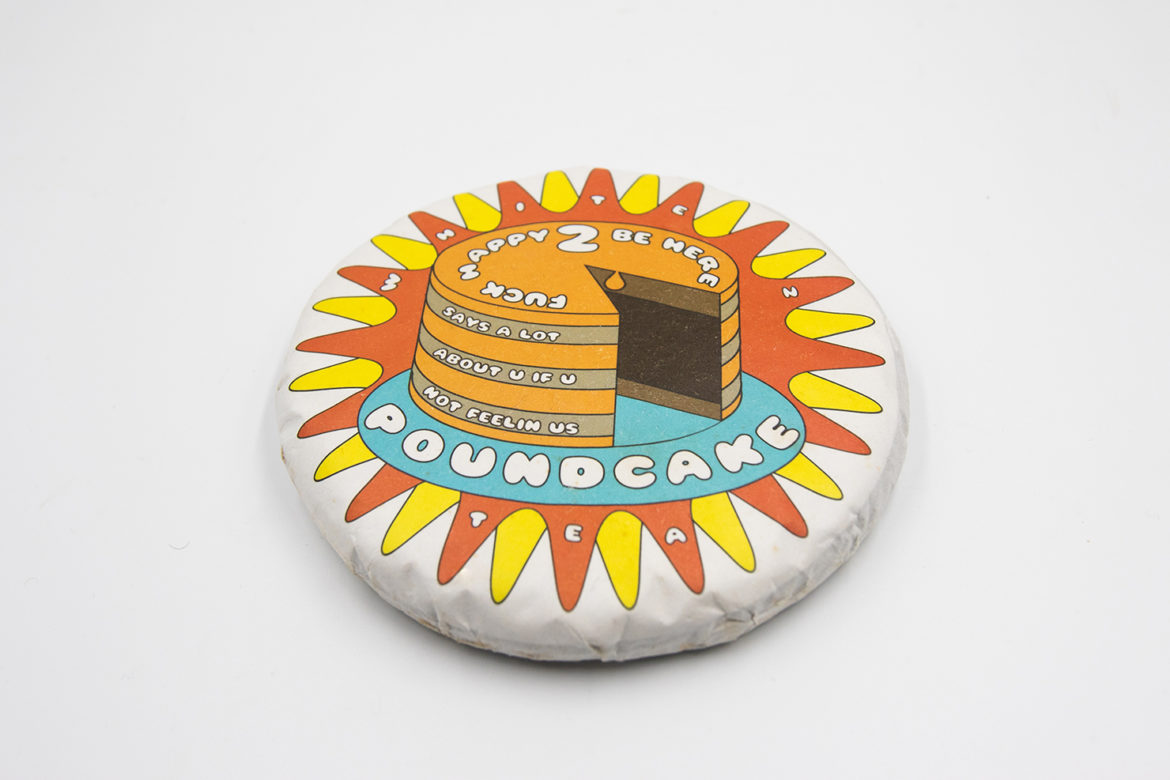
White 2 Tea
If Hanon or Patta or any of the other big international streetwear brands were a tea company, they would be White 2 Tea. Their approach to branding and marketing feels utterly of the moment, from flash sales and Instagram deals to eye-catching packaging and artist collaborations, all of it shot through with a sense of humor and playfulness that feels utterly refreshing not just in tea, but for beverage culture in general. (For more, see our coverage on tea branding.) This is the brand whose tea cake wraps I would most like to wear on a hoodie, and the end products—the result of careful blending managed at origin, in China—have been some of the most delicious stuff I’ve sampled in the last six months of research.
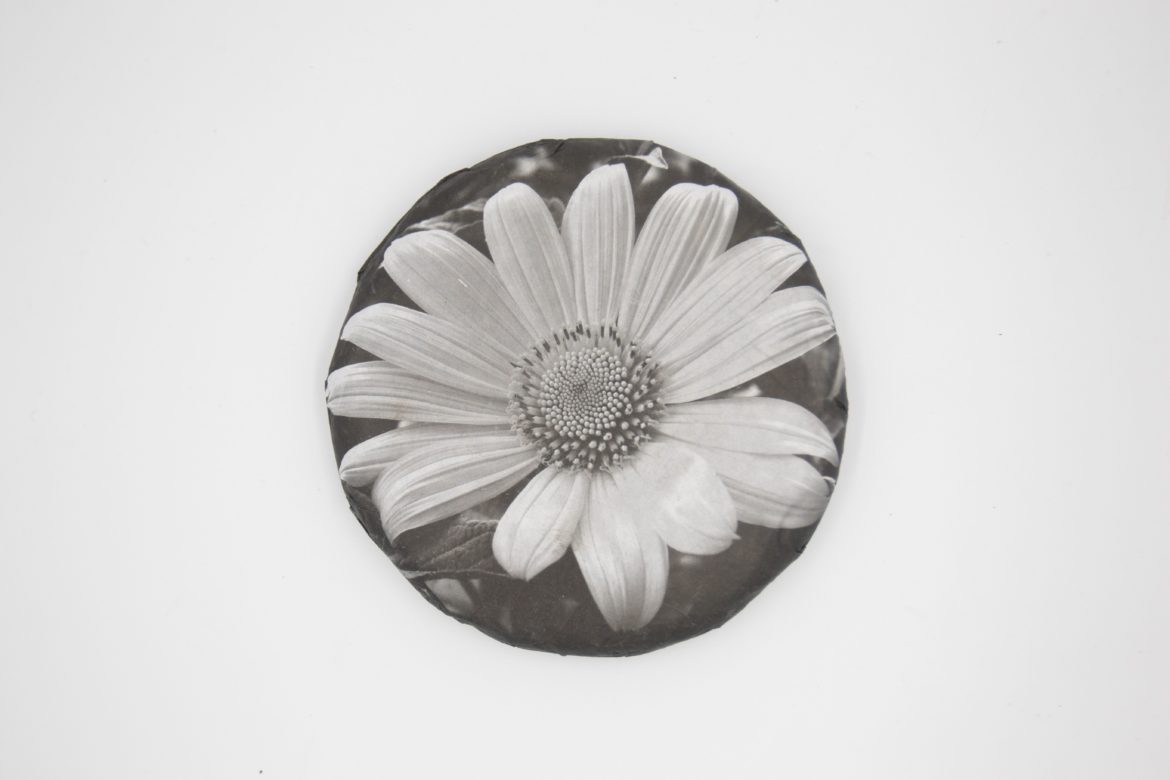
Recommended tea: It sounds like a cop-out but White2Tea’s tea club is some of the most fun I’ve had receiving tea through mail. Every month it’s a different look: a set of a half-dozen samples of yancha rock teas; a special-edition tea cake pressed with naughty Santa Claus art for Christmas; exclusives, rarities, and discounts galore. For $30 a month it’s a steal—I wish coffee had an equivalent grab bag subscription service with as much personality, variation, and playfulness as this one. But if you have to order something straight up right now, and don’t want to trust the club just yet, start with a matching set of Flapjacks Raw and Flapjacks Ripe—travel-ready mini pucks of packed pu’er, each weighing exactly eight grams, ready to toss in your bag on the go.
Bitterleaf
Bitterleaf offers a couple of things that help them stand out in the market: a smart, collab-heavy approach to tea cake packaging design; a deep bench of ceramics and teawares at a range of price points; and a consumer-friendly “Tea Miles” program that functions kind of like frequent flier miles at your favorite airline. The more you spend (and refer), the more points you get in the program, redeemable across Bitterleaf’s range of products. With 60+ pu’er offerings alone—from Myanmar grown tea cubes to mandarins stuffed with shou—there is something for everyone, and to boggle every mind.
Recommended tea: Year of the Dog 2018 is a raw—unprocessed—pu’er from the Yiwu village in Yunnan. “Raw” teas from this part of China are really like their whole own product category—I have heard them described alternately as “rocket fuel,” “the crack cocaine of tea,” “the stuff of life,” and “the only thing I drink” by various people over the last few months. It’s not for everyone, and your mileage may vary, but for those wanting to dip their toe, this offering from Bitterleaf is a really consumer-friendly place to start. Not too astringent, not too meth-y, not too much like you need to see a therapist after sessioning, but just enough of these things to let you know that yes, you are drinking young raw pu’er and yes, it is going to fuck you up in a hopefully interesting way.
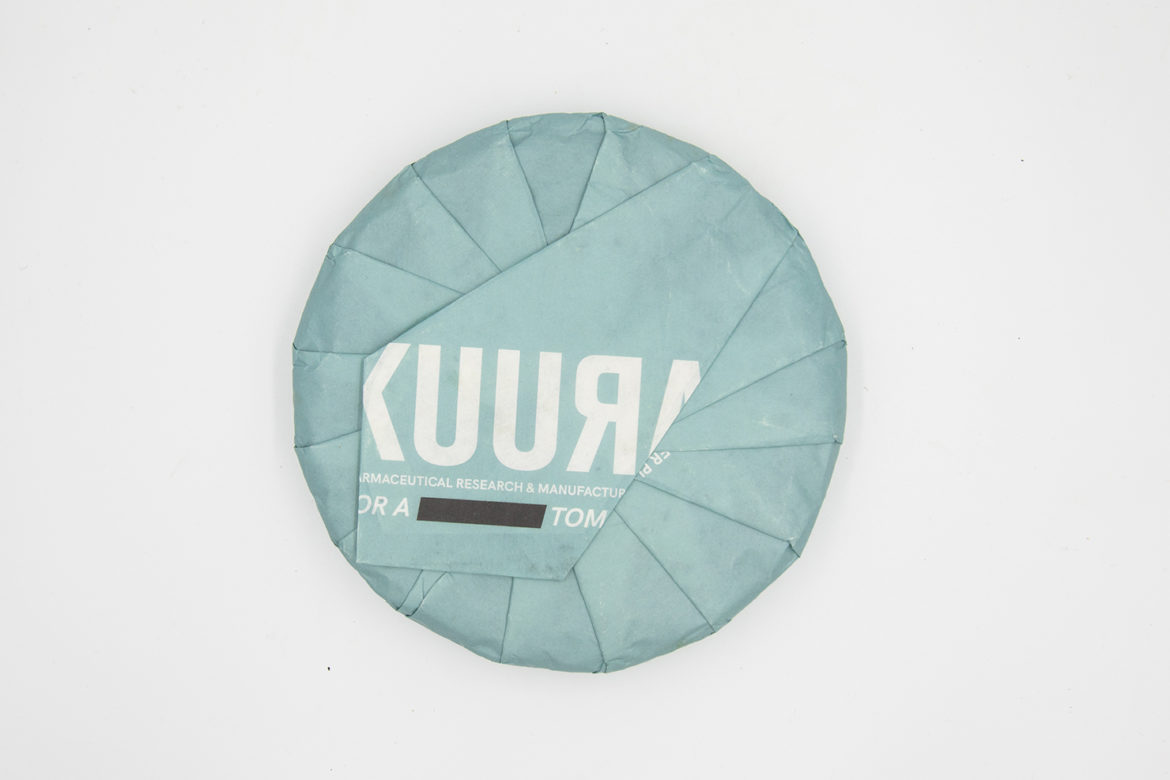
Kuura
Really stunning design and teas to match out of Melbourne’s Kuura, fusing a kind of techno-futurist Blade Runner design scheme with detached commercial Instagram irony via Flinders Lane. The focus here is mostly Yunnan teas, packaged in eye-catching original teacake designs and paired with some super smart kit—think a stunning all-black faceted gaiwan, or this brutal looking industrial tea knife. Offerings from Kuura cycle quite often (this is a good sign) so keep your eyes peeled for new drops, and definitely follow them on Instagram.
Recommended tea: I have been very happily drinking my way through Kuura’s 2011 “Lolly Water,” an aged white tea from Fujian. As an everyday drinker it’s stunning, with heaps of energy and this burnt wood, palo santo thing on the nose that makes you want to keep brewing.
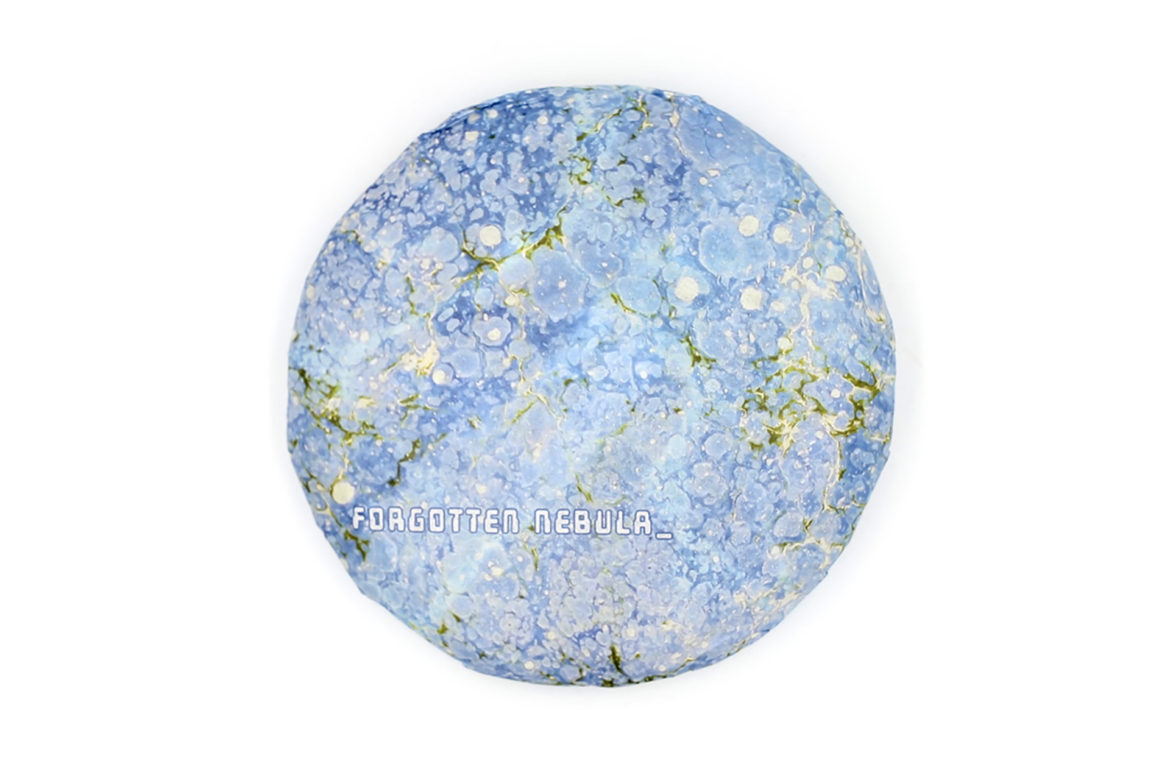
Crimson Lotus
Husband and wife team Glen Bowers and Dawa Lamu work together as Crimson Lotus Tea, a brand with one foot in the Pacific Northwest and the other firmly planted in Lamu’s home province of Yunnan, China. Here the focus is on Yunnan teas and nothing but, though please don’t confuse that for a limited selection—Crimson Lotus offer a stunning array of village specific teas from across the region, exemplifying every cup profile and production style, paired with an assortment of expertly sourced teawares and tea tools. Their website is a deep resource of knowledge on the teas and culture of Yunnan, best perused over multiple steeps of shou, then sheng, then more shou (or whatever order you prefer).
Recommended tea: Where do I even start? Shou processed pu’er is treated with a lot of intentionality and respect by Crimson Lotus, and so you might check out their “That’s No Moon” 2015 (designed to look like the Death Star!) or a nice entry-level cake like “Simple Shou” (at a great starter price).
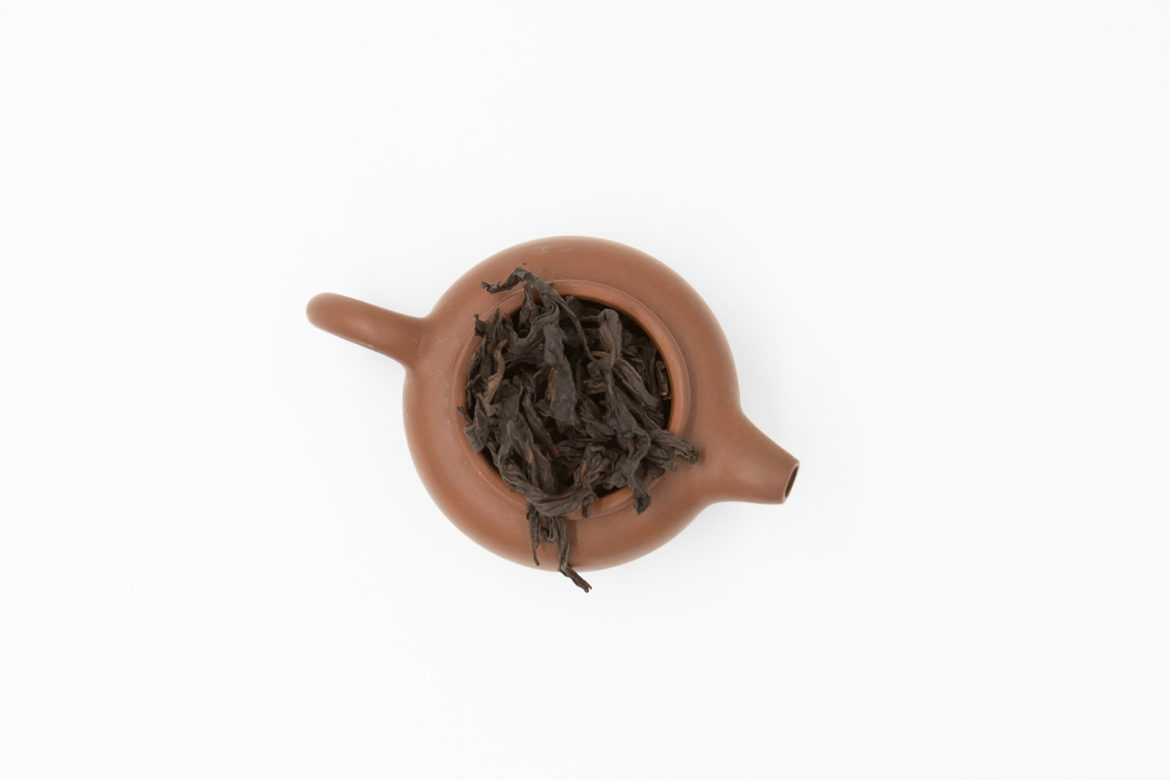
Wuyi Origin
Cindy Chen’s Wuyi Origin in Wuyishan, China offers a very unique proposition for tea drinkers: the opportunity to order tea direct from the producer. Chen’s focus is on yancha, or “rock tea,” a style of oxidized oolong named for the cliffs and mountainsides from which it is harvested. She and her husband Zhou Chen are multi-generational tea farmers, now wholesaling their tea worldwide thanks to the magic of global commerce, specifically the China Post, whose 2011 agreement with the USPS helped revolutionize how tea gets from China to the United States.
Recommended tea: Wuyi Origin offer a range of yancha, including both aged and new harvest, in sought after styles including Rougui (“Cinnamon”), Shui Xian (“Water Immortal”), and Qi Lan (“Strange Orchid”). I’ve been happily drinking a 2009 aged Tieluohan, a heavily roasted tea with big bold flavors of cherry syrup and herbs. Think medicinal in a good way.
Another Planet
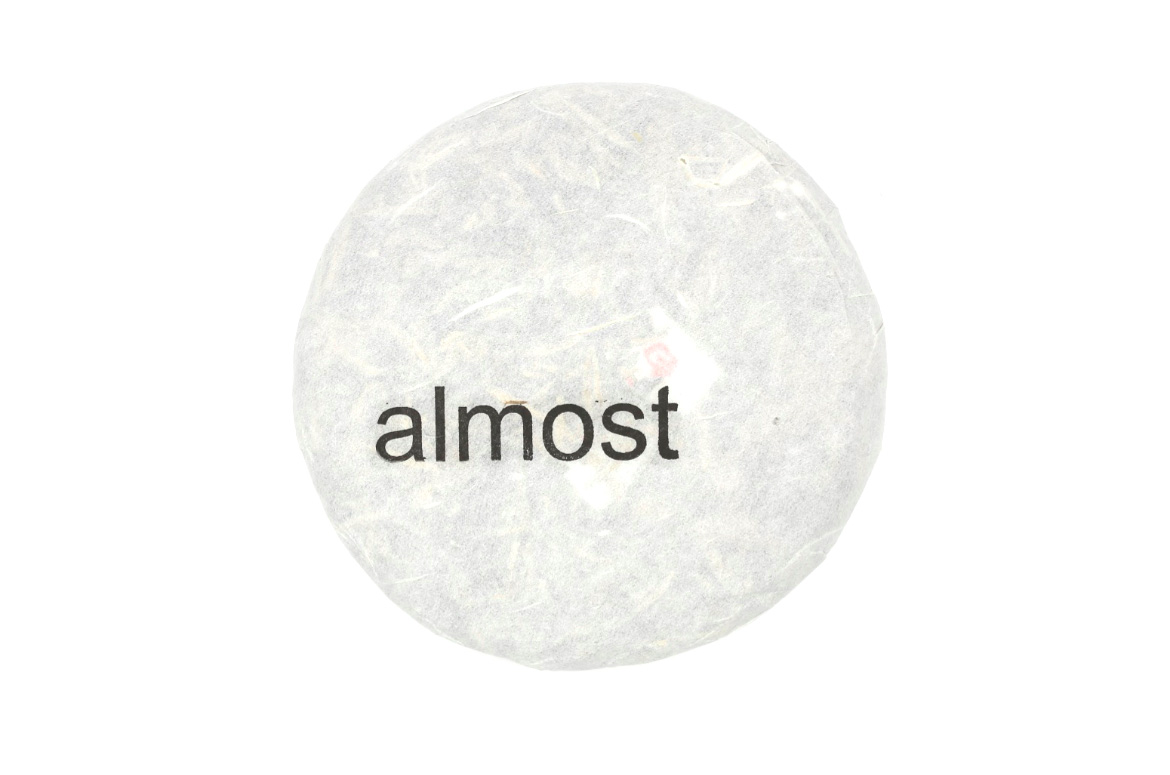
Liquid Proust
I caution to go too deep here—this is for true heads only, and represents the very deep end of where the new generation of tea culture in America may someday lead, fueled by unprecedented access across a vast ocean and the immediacy of Instagram. Go follow @liquidproust and check out his website if you want to get involved. Have patience and you will be rewarded. I’ve said too much already, lest this blow up and I get shut out of his next aged oolong drop.
Recommended tea: Start with a sampler—his Winter 2018 set is still available as of press time—then follow along on IG for limited edition releases.
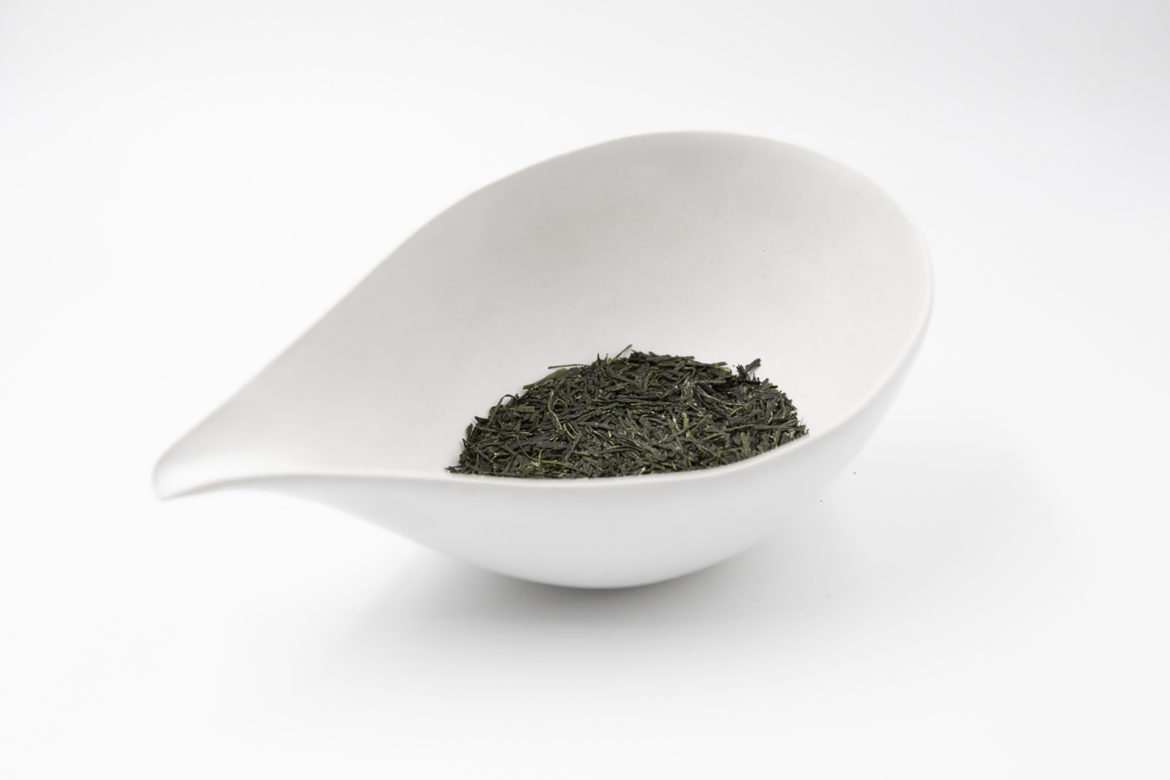
Kettl
Japanese tea gets kind of looked down upon by the gushu geeks and oolong owls, for reasons I’m not totally sure I understand—some kind of bias against steamed tea, maybe, or lack of access to the really good stuff. Kettl, friends, is undoubtedly the really good stuff, a direct source operation with offices in Fukuoka and Brooklyn, focused on the very highest quality Japanese tea available in the United States. Kettl buys direct and ships from Japan in eye-catching packaging, offering an array of truly stunning (and rightly expensive) gyokuro, sencha, matcha, and hōjicha. Kettl’s list of partners should help put the brand in context: from Jean-Georges to Gjusta, Momofuku to Mission Chinese, Konbi to The French Laundry to Sushi Noz, there may be no more high-profile emerging tea brand in America right now than Kettl.
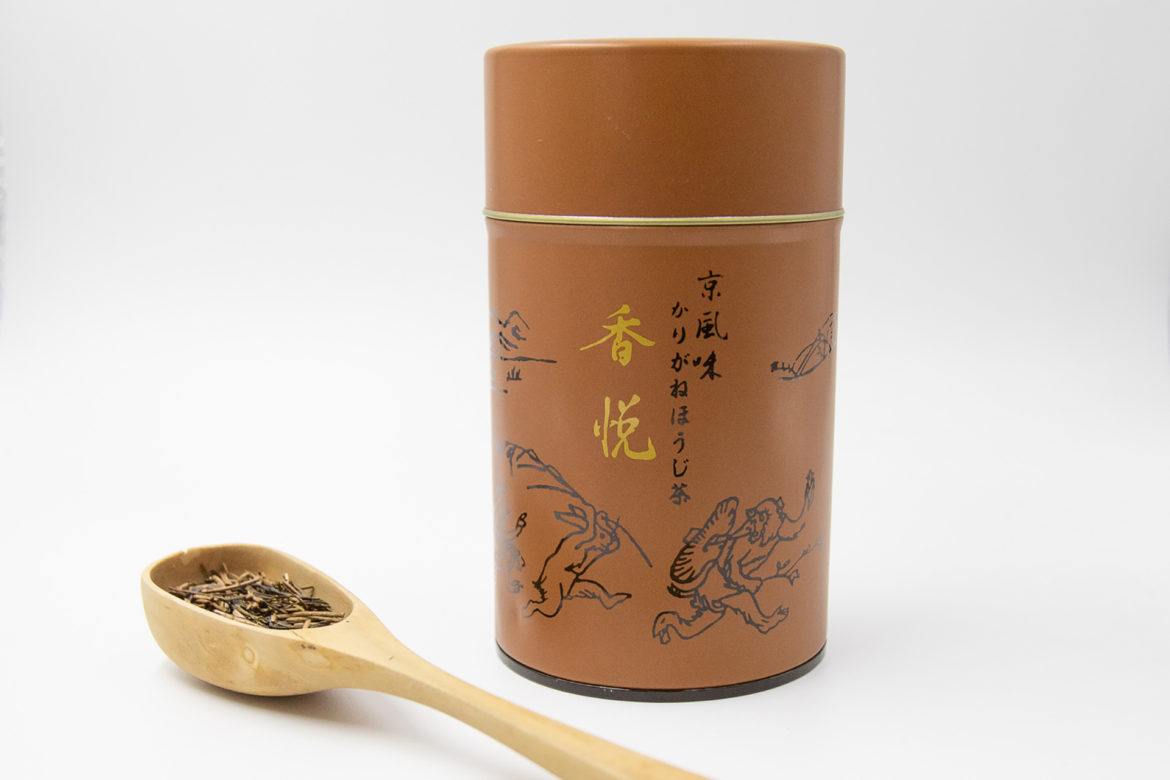
Recommended tea: All recommendations are personal, and for a brand like Kettl that means truly drilling down to what you like, and what you use tea for in your life. For some that’s matcha; others are chasing higher and higher grades of gyokuro. For me, I love—and I mean love—the roasty toasty feather-light range of hōjicha teas carried by Kettle, especially this Kin Hōjicha, sourced in partnership with famed Kyōto tea purveyors Ryuouen. These teas are low on caffeine, big on umami, and perfect with dessert or after the end of a long multi-tea session. Very strongly recommended.
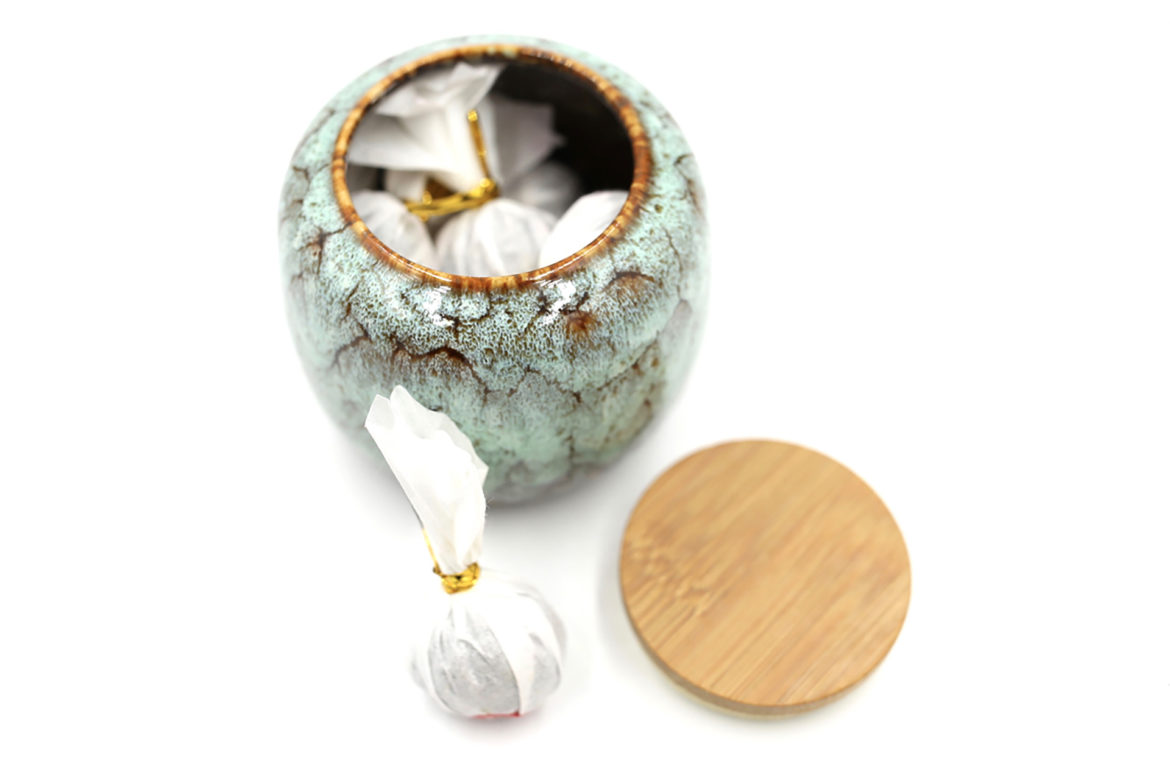
Yunnan Sourcing
An almost impossibly vast world of Yunnan teas, delivered to your door—the beautiful, the divine, the stuff that makes you feel like you’re riding shotgun with Wayne Brady. Yunnan Sourcing is Yunnan tea at its psychotropic excess, plus so, so much more from across China and Taiwan, alongside an endless scroll of teawares and gear. This website probably has 1000+ SKUs. You could drink nothing but Yunnan Sourcing tea for the rest of your life and still not touch bottom. They are perhaps a metaphor for tea itself—unknowably deep, never-ending, a lifelong series of clicks and more clicks and boxes upon boxes at your front door, never conquered or fully understood.
Recommended tea: Within the vastness, a personal discovery—this lovely collection of “Dragon Ball” style teas, hand-rolled by the founder of Yunnan Sourcing’s in-laws. I keep one of these in my bag at all times in case tea is called for in a less-than-prepared situation, and I love drinking something with that personal connection to the family behind the brand.
Jordan Michelman (@suitcasewine) is a co-founder and editor at Sprudge Media Network. Read more Jordan Michelman on Sprudge.
Editor: Scott Norton.
Photos by Zachary Carlsen and Anthony Jordan III for Sprudge Media Network.
Sprudge Tea Week is presented by Breville USA.






